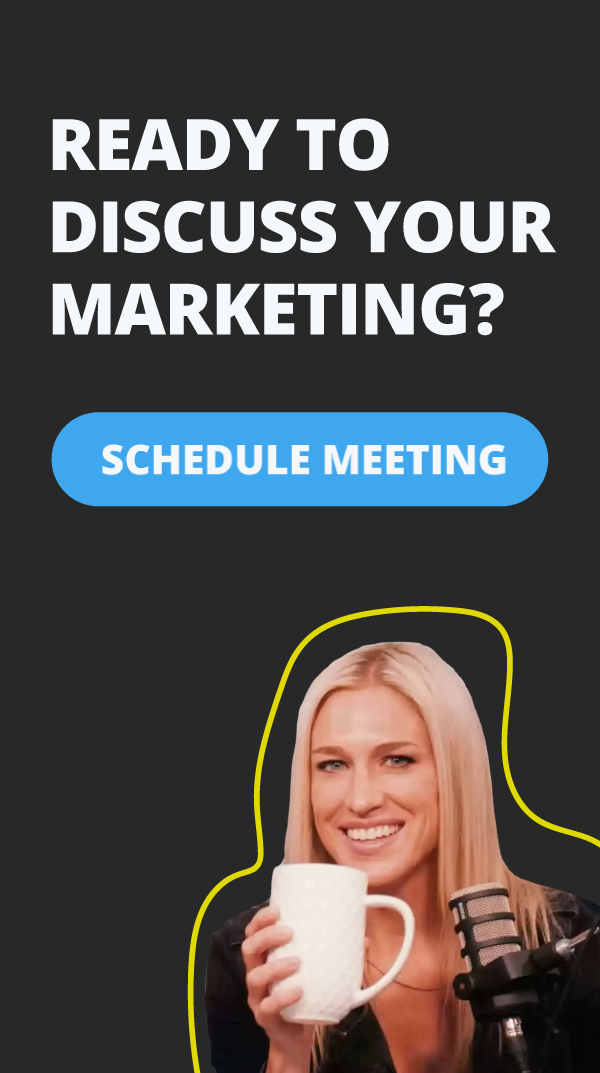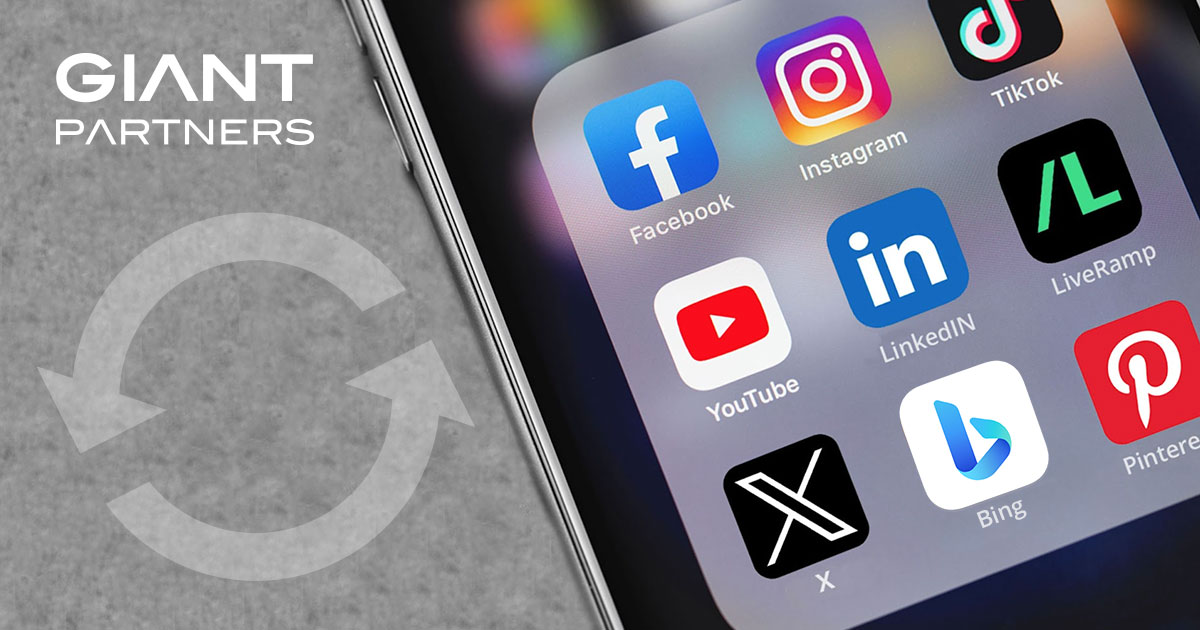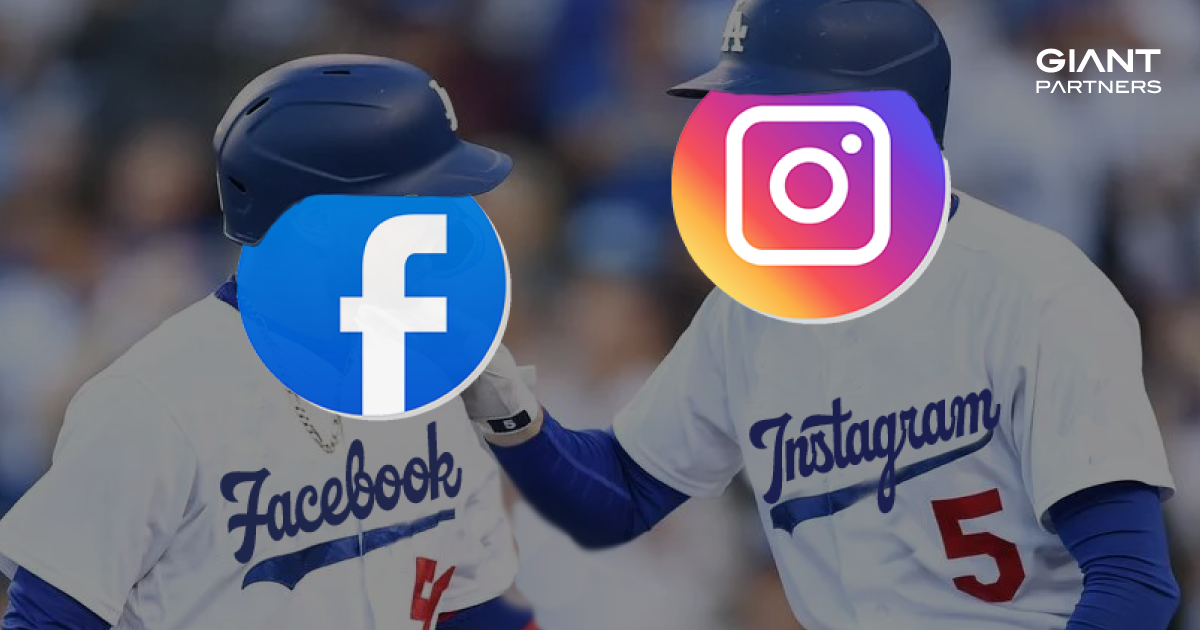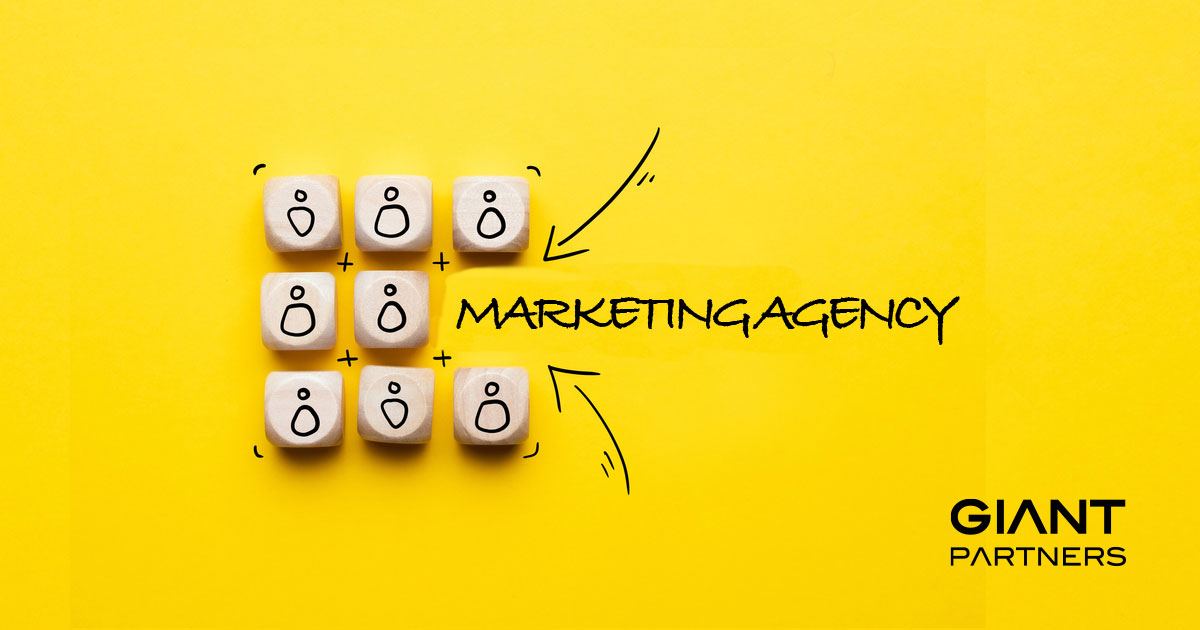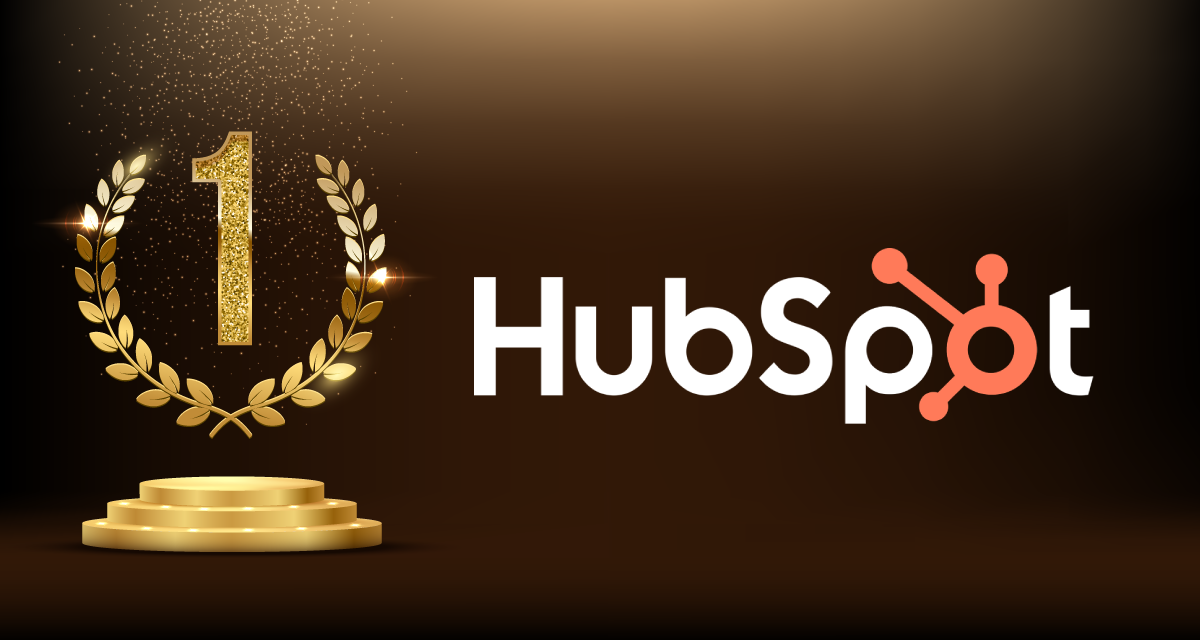![]() By Scott Owen | Medicare Marketing Guide | Published Oct, 22 2024 | 8 Minute Read
By Scott Owen | Medicare Marketing Guide | Published Oct, 22 2024 | 8 Minute Read
 By Scott Owen | Medicare Marketing Guide | Published Oct, 22 2024 | 8 Minute Read
By Scott Owen | Medicare Marketing Guide | Published Oct, 22 2024 | 8 Minute Read
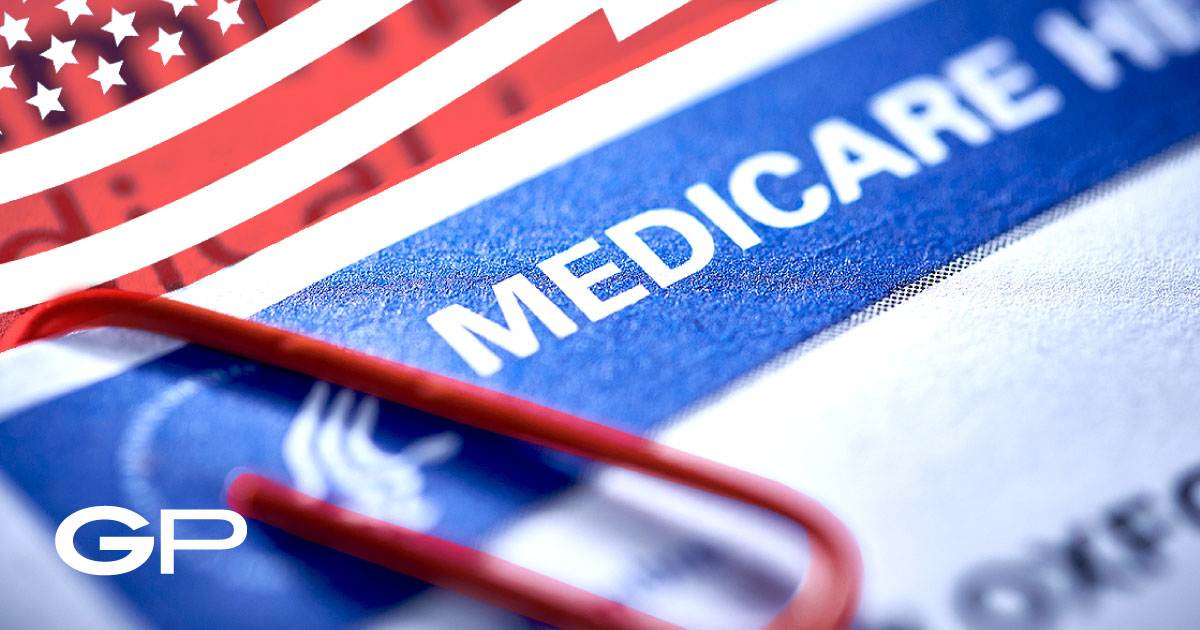
Attention: Insurance Agents, Healthcare Providers, and Medicare Organizations
There are many hurdles to overcome when implementing marketing campaigns to drive leads for insurance offers, healthcare plans, and medicare programs. Do not waste your money partnering with a firm that takes a shotgun approach but rather work with a digital marketing agency that has experience driving industry results and has the data needed to be hyper targeted with advertising campaigns.

Think of your medicare marketing agency as your car mechanic. You want to find someone that you trust and who knows what they are doing. If they have to hunt around and search for the problem with your car, they are costing you time and money. You need a mechanic that knows the problem and has fixed the issue many times before.
Okay so here we go!
Watch guided video tour with author:
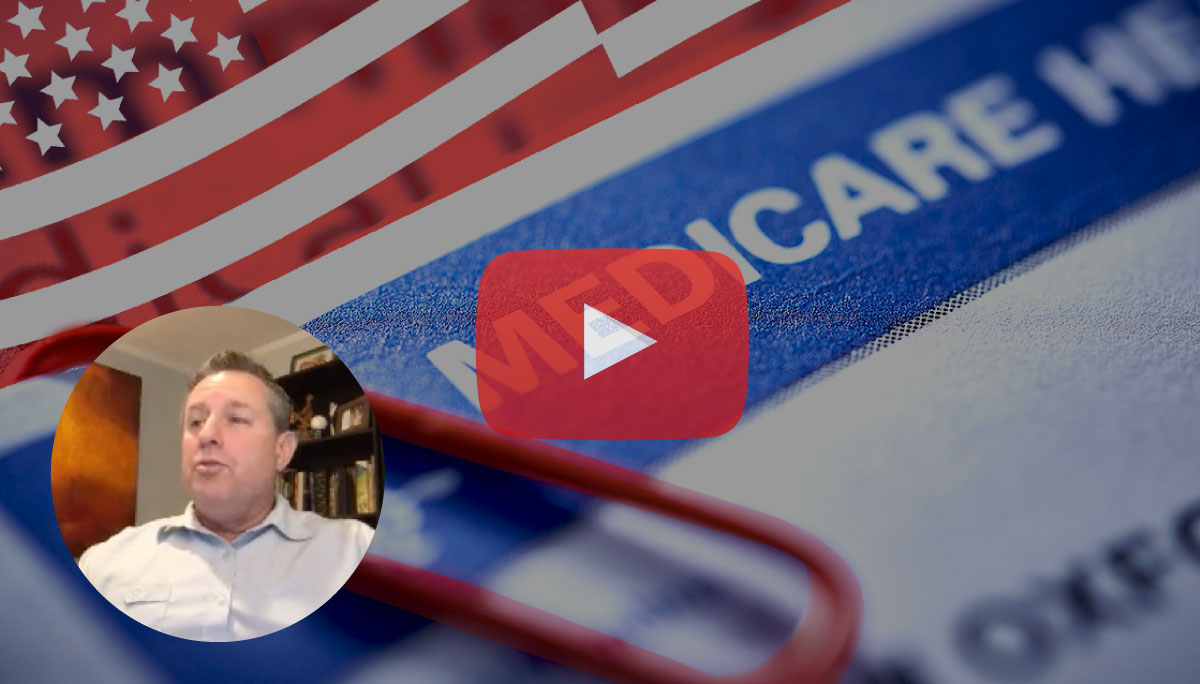
1. Unlocking Growth with Omni-Channel Marketing
In today’s competitive landscape, insurance agents, healthcare companies, and Medicare providers face unique challenges in effectively reaching potential clients. As consumers become more discerning and new regulations impact traditional Medicare marketing methods, a strategic approach to lead generation and marketing is essential. This is where omni-channel marketing and data aggregation come into play.

The Power of Omni-Channel Marketing
Omni-channel Medicare marketing isn’t just a trend; it’s a comprehensive strategy that ensures a seamless customer experience across various touchpoints. Whether through social media, email, direct mail, or in-person consultations, the goal is to create a cohesive journey that builds trust and drives engagement.
Why is this important for your business…
Increased Reach: By connecting with potential clients across multiple channels, you enhance your chances of conversion. Insurance and healthcare decisions are often made after thorough research, and being present where your clients are looking is crucial.
Consistent Messaging: An omni-channel approach guarantees that your messaging remains consistent across all platforms, reinforcing your brand identity and value proposition.
Enhanced Customer Insights: Tracking interactions across different channels provides valuable insights into client preferences and behaviors, allowing for more targeted Medicare marketing efforts.
2. The Necessity of In-House Lead Generation
With recent Medicare marketing regulatory changes and new laws beginning Jan. 1st, 2025 purchasing leads is becoming increasingly risky, and many companies are finding that they must pivot towards developing their lead generation strategies.

This transition presents both a challenge and an opportunity. By taking control of your lead generation, you can…
Build Relationships: Creating your own leads allows you to foster genuine relationships with potential clients from the start, enhancing trust and engagement.
Ensure Compliance: By generating leads internally, you can better navigate compliance requirements, safeguarding your business against potential legal pitfalls.
Most Importantly… Scale!
3. The Role of Data Aggregation
To implement an effective omni-channel Medicare marketing strategy, robust data is essential. This is where we come in. As a database marketing provider, we specialize in collecting and analyzing data from over 250 verified sources this is the reason we remain America’s #1 Data-Driven Marketing Agency year after year.
We aggregate over 280 million consumer records and 28 million business records. So whether you are looking for B2C or B2B we’ve got it. Here’s a secret and if you’ve read along with me so far you get to hear it. A combination of B2B and B2C in many cases is the winning combination.

Here’s how our data services can benefit your business…
Targeted Campaigns: Our comprehensive data sets allow you to identify and understand your ideal client profile, enabling you to tailor your marketing campaigns specifically for insurance and healthcare audiences.
Efficient Budget Allocation: By analyzing data trends, we help you allocate your Medicare marketing budget wisely, ensuring that your investments yield the best possible returns.
Performance Tracking: With real-time data analysis, you can monitor the performance of your campaigns, allowing for agile adjustments that maximize effectiveness.
4. The Importance of Google Ranking, SEO and CRM
How to play the long game…
Enhanced Visibility and Credibility: Achieving a high Google ranking is crucial for increasing your online visibility. Most users don’t scroll past the first page of search results; thus, being on that first page enhances your credibility and authority in your industry. Higher rankings lead to more organic traffic, which can significantly impact lead generation and customer acquisition.
Effective SEO Strategies: Search Engine Optimization (SEO) is essential for optimizing your website to rank higher in search results. By utilizing targeted keywords, improving site speed, and enhancing user experience, you can attract more relevant visitors. Effective SEO not only boosts your visibility but also helps you reach your ideal audience, increasing the chances of conversion.

Streamlined Customer Relationship Management (CRM): A robust CRM system (like Hubspot) integrates with your Medicare marketing efforts, allowing you to manage and analyze customer interactions efficiently. By tracking leads and customer data, you can tailor your marketing strategies based on insights and behavior patterns. This personalized approach enhances customer satisfaction and retention, making your marketing efforts more effective.
Data-Driven Decision Making: Combining strong SEO with a CRM system allows you to make informed, data-driven marketing decisions. You can analyze which channels are driving traffic and conversions, enabling you to allocate resources effectively. This synergy helps you refine your Medicare marketing strategies, ultimately leading to improved ROI and business growth.
By focusing on Google ranking, leveraging SEO techniques, and implementing a powerful CRM, you can create a cohesive strategy that enhances your online presence and fosters meaningful customer relationships.
5. More Personalized Lead Generation
The raging debate is whether form fills are out? Especially in the insurance, healthcare, and Medicare marketing industries the legislature and surge is to put the power back in the consumer’s hands, and so naturally traditional form fills for lead generation have been declining, giving way to a more personalized lead generation approach: appointments. As consumers seek instant value and meaningful interactions, businesses are shifting from passive form fills to active scheduling options.
Appointment-based lead generation offers a more direct and engaging experience, allowing potential clients to connect with businesses in real-time. This approach not only captures attention faster but also nurtures relationships from the start, creating a seamless pathway from interest to conversion. By prioritizing live interactions, businesses can gain deeper insights into customer needs and increase the chances of closing deals.

Generating leads in the insurance, healthcare, and Medicare industries, there are a few targeted strategies and insights that can be particularly effective…
Hyper-Personalization: Use personalized messaging tailored to each demographic, whether targeting seniors for Medicare, families for health insurance, or niche markets like self-employed individuals. Leveraging CRM data and segmentation can drive higher engagement.
Educational Content: In highly regulated and complex fields like healthcare and Medicare, potential clients value educational content. Create blogs, e-books, and webinars focused on breaking down confusing topics (e.g., plan comparisons, benefits explanations) to build trust.
Digital Tools and Calculators: Offer interactive tools such as Medicare plan finders, premium calculators, or health assessment quizzes to guide prospects through their options and capture contact information in the process.
Appointment-Based Conversions: Instead of traditional lead forms, integrate live chat, video consultations, or appointment scheduling. This approach is gaining traction as it creates immediate, personalized connections that reduce the time to conversion.
Paid Advertising Strategies: For insurance and healthcare, targeted PPC campaigns using Google Ads and social platforms (Facebook, LinkedIn) can be effective. Incorporate messaging around open enrollment periods, special Medicare programs, or seasonal health initiatives.
6. Making Your Marketing Budget Work Harder
In industries like insurance and healthcare, where margins can be tight, every marketing dollar counts. Our approach ensures that you’re not just spending money on marketing; you’re investing in data-driven strategies.

By optimizing your Medicare marketing efforts, you can…
Reduce Waste: Identify underperforming channels and reallocate funds to high-impact strategies that resonate with your target audience.
Increase ROI: Focus on campaigns that engage your clients, driving higher interaction and conversion rates.
7. Upcoming 2025 Medicare Marketing Changes Review
Changes in Medicare lead generation regulations for 2025, particularly the Centers for Medicare & Medicaid Services (CMS) Final Rule and the FCC regulations, focus on increasing consumer protection and consent transparency.
One-to-One Consent Requirement: Starting in October 2024, TPMOs (third-party marketing organizations) will need to secure explicit, written consent from Medicare beneficiaries before sharing their data with any other organization. This means each Medicare lead must provide separate consent for each broker or agent they will be contacted by. This rule aims to protect seniors from overly aggressive marketing practices and ensure their data is only shared with parties they have directly authorized. Lead generation companies will need to ensure compliance by obtaining clear, individual consents for every entity involved.
Restrictions on Automated Calling Systems: The 2025 FCC regulations will significantly impact how lead generators use technology like autodialers and AI-driven messaging. Under these rules, the use of automated systems for contacting leads requires consent under strict conditions. Companies relying on AI systems for calling and texting will need to implement mechanisms to verify this “one-to-one” consent for each lead.
Compensation and Contract Regulations: The Final Rule also includes changes to how agents and brokers are compensated and places limits on incentives that may compromise their ability to offer objective advice to Medicare enrollees. While parts of this rule have been temporarily stayed due to legal challenges, the one-to-one consent rules remain in effect
Conclusion >>> Start generating your own Medicare marketing leads or your organization will be left in the dust
Please use the scheduling tool below to schedule a meeting with me to discuss your Medicare marketing strategy options.
👇👇👇

 Scott Owen
Scott Owen
Giant Partners
VP of Marketing
Connect on Linkedin
About Giant Partners
24 years. 6000 customers. Giant Partners is America’s #1 data driven marketing agency. We accelerate campaign performance with custom audience data, brand management, website development, CRM integration, email marketing, and omni-channel advertising.

